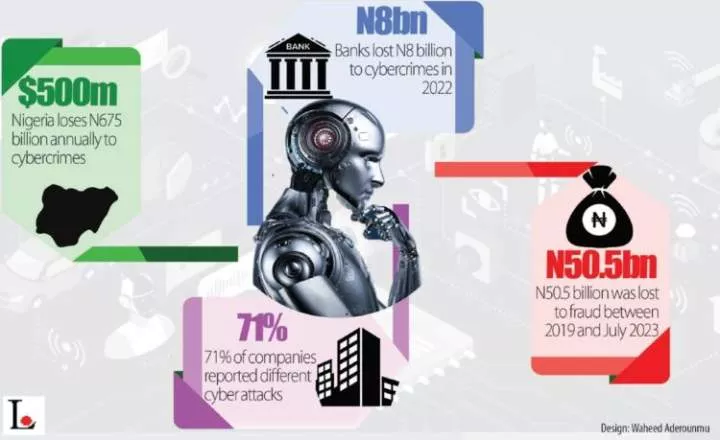
Artificial intelligence (AI) has become a cornerstone of modern development. For African countries, AI has enormous promise in terms of solving problems across numerous sectors.
AI adoption in Africa is not a given; it requires a foundation of preparedness in several important areas.
The International Monetary Fund (IMF) identifies several indicators that assess a country's readiness for artificial intelligence (AI): digital infrastructure, innovation and economic integration, labor market and human capital policy, and regulation and ethics.
Digital infrastructure is the foundation of any AI-powered economy.
AI technologies cannot survive in the absence of a stable internet connection, high-speed connectivity, and powerful data storage capabilities.
Many African nations have severe gaps in this regard, particularly in rural and disadvantaged areas.
Furthermore, the lack of progressive labor market regulations exacerbates the problem, leaving people without the necessary support to transfer into AI-driven professions.
Coupled with a lack of a comprehensive AI framework that ensures compliance with regulations, a weak innovative ecosystem, and a fragmented approach to economic integration, some African countries are not entirely prepared for the wave of AI that could sweep the globe in the next few years.
Below are the top 10 of the countries described above, according to the International Monetary Fund.
Top 10 African countries that are least prepared for the AI takeover
| 1. | South Sudan | 0.11 | 1st |
| 2. | Central Africa Republic | 0.18 | 3rd |
| 3. | Somalia | 0.2 | 4th |
| 4. | Mauritania | 0.23 | 5th |
| 5. | Sudan | 0.23 | 6th |
| 6. | Chad | 0.23 | 7th |
| 7. | Libya | 0.24 | 8th |
| 8. | Democratic Republic of Congo | 0.25 | 9th |
| 9. | São Tomé and Príncipe | 0.25 | 10th |
| 10. | Ethiopia | 0.25 | 11th |
















Comments